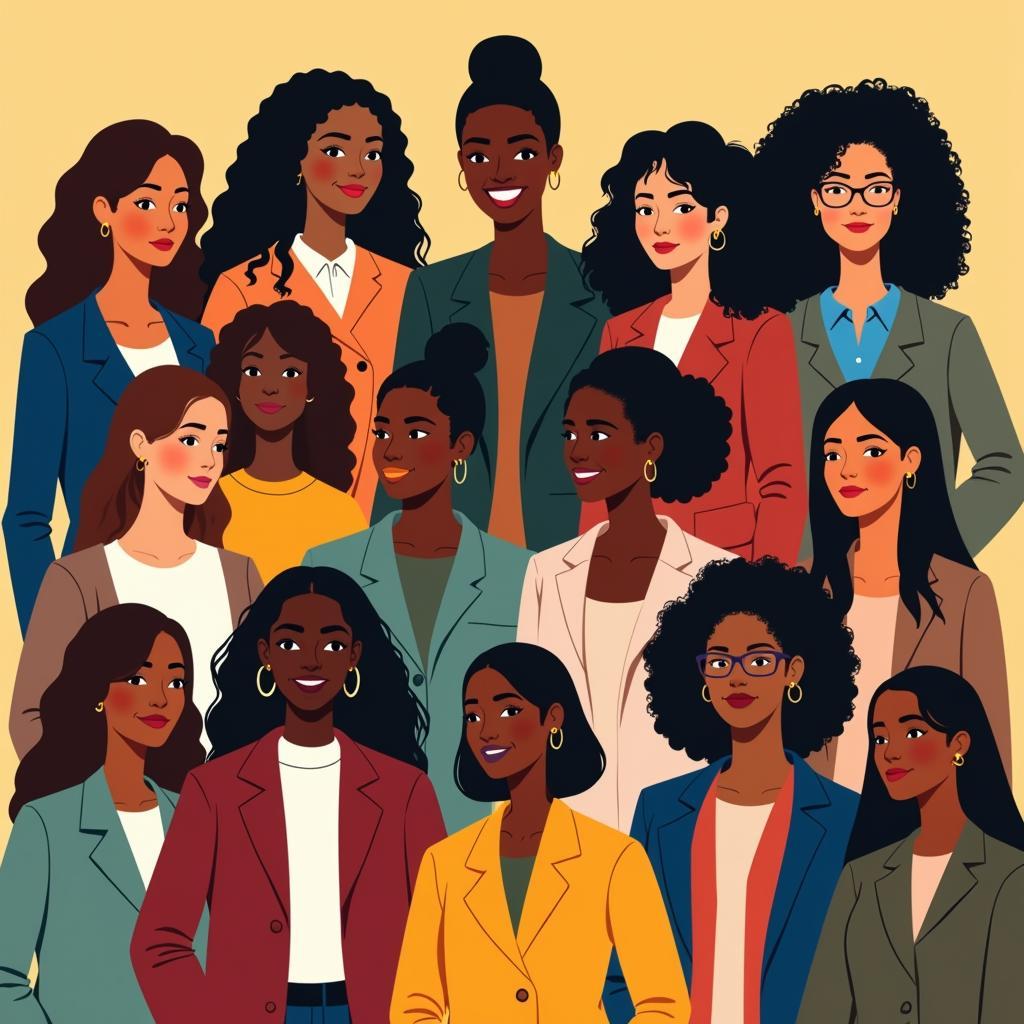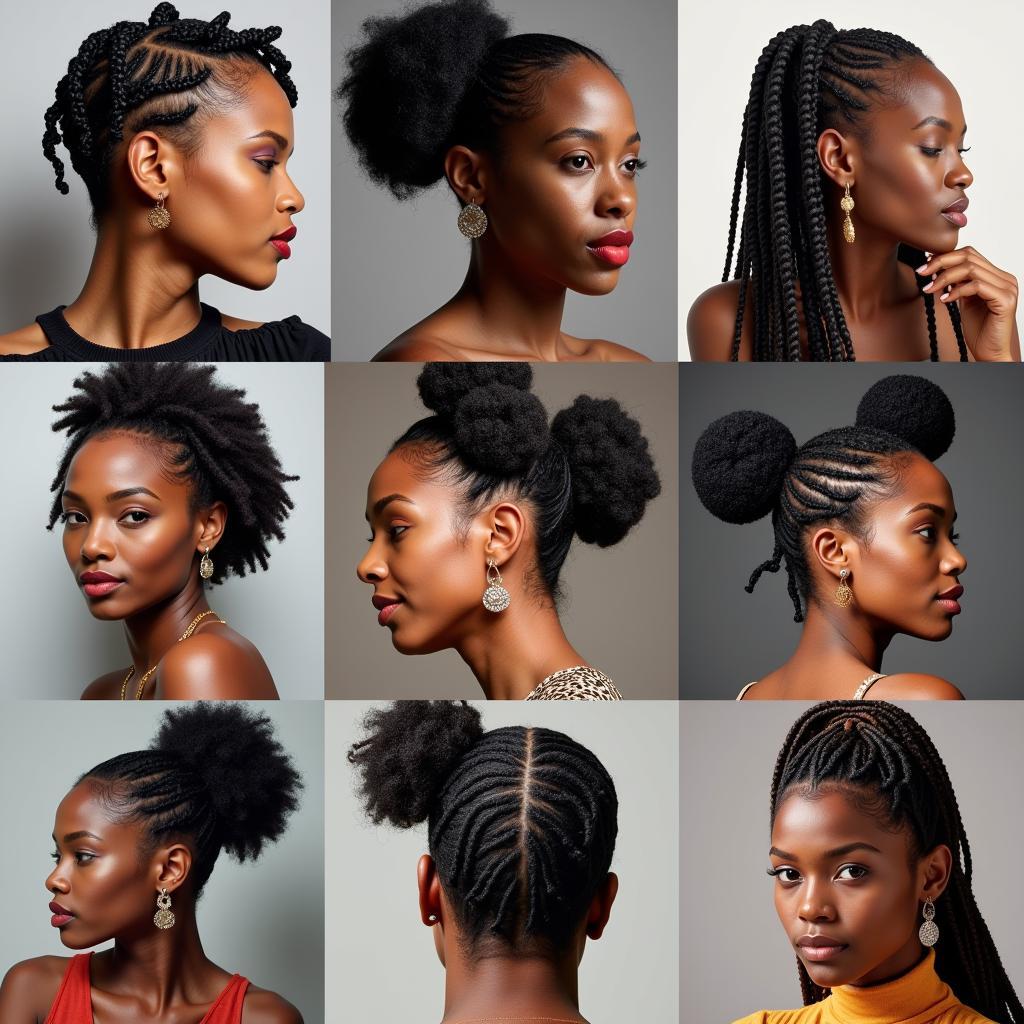Unveiling the History and Significance of African Bone Beads
African Bone Beads whisper stories of ancient traditions, cultural heritage, and artistic expression. These seemingly simple adornments carry a rich history, representing more than just decorative elements. They are tangible links to the past, embodying cultural identity, spiritual beliefs, and social status within diverse African communities.
A Journey Through Time: The History of Bone Bead Making in Africa
The craft of crafting beads from bone dates back millennia in Africa. Archaeological discoveries have unearthed bone beads dating back to the Middle Stone Age, illustrating the long-standing significance of this art form. These early beads, often simple in design, were likely worn as personal adornments and indicators of social standing.
Over time, the techniques used to create bone beads evolved, with various regions of Africa developing their own distinct styles and traditions. For example, in West Africa, the Yoruba people are renowned for their intricate bone carvings, often incorporated into elaborate beadwork designs. In East Africa, the Maasai people are known for their use of bold colors and geometric patterns in their bone bead creations.
More Than Meets the Eye: The Cultural Significance of African Bone Beads
To truly appreciate African bone beads, one must look beyond their aesthetic appeal and delve into the deeper cultural significance they hold. These beads often serve as:
- Symbols of Cultural Identity: Different ethnic groups have distinct beadwork traditions, using specific colors, patterns, and materials. These unique styles act as visual markers of cultural identity and heritage.
- Spiritual Amulets: In many African cultures, bone is believed to hold spiritual energy and provide protection. Bone beads are often imbued with spiritual significance, worn as talismans to ward off evil spirits or attract good fortune.
- Indicators of Social Status: The size, material, and craftsmanship of bone beads can often signify an individual’s social standing within a community. Elaborate beadwork might be reserved for chiefs, elders, or those of high rank.
- Currency and Trade: Historically, bone beads served as a form of currency in some regions of Africa, used for trading goods and services.
African Bone Beads in the Modern World: A Timeless Tradition Endures
Today, the tradition of crafting and wearing bone beads remains vibrantly alive in many parts of Africa. Artisans continue to create stunning pieces using traditional methods passed down through generations. At the same time, contemporary designers are incorporating bone beads into modern jewelry designs, giving these ancient adornments a fresh and stylish appeal.
Whether cherished as heirlooms, worn as fashion statements, or admired for their intricate beauty, African bone beads continue to captivate and intrigue. They are a testament to the enduring power of African artistry and a tangible reminder of the rich cultural heritage embedded within each bead.
FAQs about African Bone Beads
1. Are African bone beads ethically sourced?
This is an important question to consider. Reputable sellers source their bone beads ethically, often working directly with artisans and ensuring sustainable practices. It’s always advisable to inquire about the sourcing of bone beads before purchasing.
2. How do I care for my bone beads?
Bone beads are relatively durable but should be handled with care. Avoid exposing them to harsh chemicals or prolonged sunlight. Clean them gently with a soft cloth and store them in a cool, dry place.
Exploring the World of African Beads
If you’re interested in delving deeper into the world of African adornment, you might enjoy exploring the diverse beauty of African head accessories. To add a touch of African elegance to your wardrobe, check out the stunning collection of African beaded necklaces on Amazon.
Connect with Us
For inquiries or assistance, feel free to reach out to our dedicated customer support team:
- Phone Number: +255768904061
- Email: [email protected]
- Address: Mbarali DC Mawindi, Kangaga, Tanzania
We’re available 24/7 to assist you!


